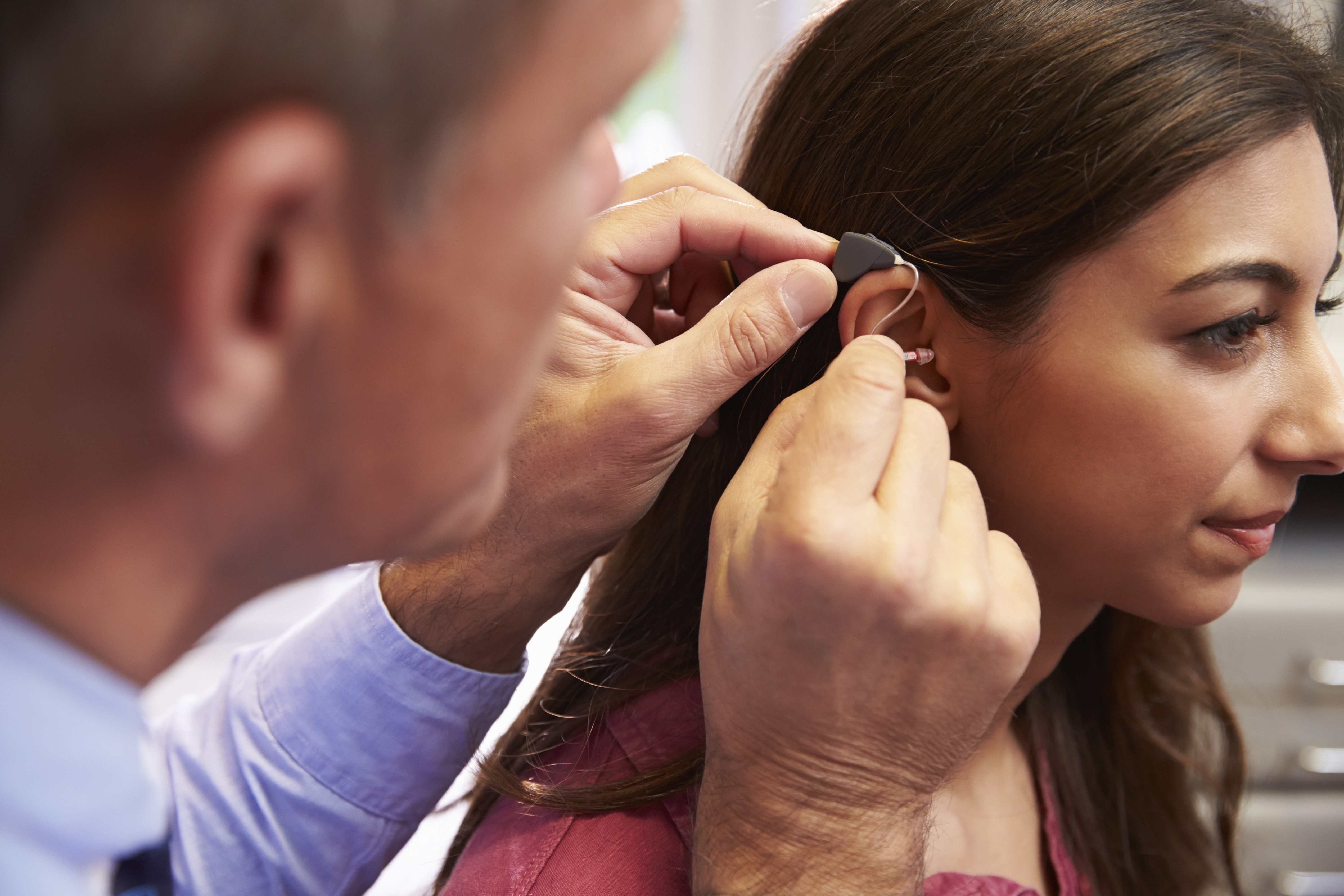
Congratulations—you’re ready to join the millions of Americans who have learned how utilizing hearing aids can make life more exciting and fulfilling. Before long, you’ll be hearing sounds you’ve long forgotten, engaging in stimulating discussions, and listening to music with improved perceptiveness for each instrument.
But before you can get to all that, you’ll have to undertake a short phase of adjustment to get comfortable with your new hearing aids. Here are five tips to to assist you to push through this period and to help you get the most out of your new technology.
1. Visit a Hearing Care Professional
If you desire to have the best hearing possible, there’s no avoiding the first step, which is consulting a hearing care expert. They can help you find the most appropriate hearing aid that matches your hearing loss, lifestyle, and financial position. And, most significantly, they can custom-fit and program your new hearing aid so that it’s optimized for your distinctive hearing loss.
Your hearing loss, like a fingerprint, is one-of-a-kind. As a result, every hearing aid should be programmed differently—and this requires the practical knowledge of a hearing care professional.
2. Give Your Hearing Aids a Chance
Your new hearing aids will take some getting used to. You’ll detect sounds you haven’t heard in some time, your voice may sound unusual, and sound may as a whole just seem “off.” This is perfectly normal: you simply need time to adapt.
Begin by making a commitment to wear your hearing aids for as much of the day as possible, for a minimum of a couple of weeks. Put them in when you wake up and take them out before going to bed. While it may be awkward at first, you’ll get used to better hearing in no time—and it will be well worth the hard work.
If you discover that you’re having a tough time adjusting, schedule a visit with your hearing care professional. Hearing aids can be fine-tuned, so you never have to give up on better hearing.
3. Start Small at Home
We recommend adapting to your hearing aids initially in the comfort of your home. Try watching a movie or television show and paying special attention to the dialogue; take part in one-on-one conversations in a quiet space; and listen to music while trying to identify various instruments and pitches.
Next, when you’re more accustomed, you can test your hearing aids out in more difficult environments like at social gatherings, restaurants, and movie theaters. Modern hearing aids have sophisticated features and environmental settings that can effortlessly handle these increased listening demands—which segues nicely to the fourth tip.
4. Learn the Advanced Features
After you’ve adapted to your hearing aids, you should start to learn a few of the more sophisticated features. With the help of your hearing specialist, you can learn how to maximize the functionality and convenience of your modern hearing aids.
Depending on your specific model, you’ll have the ability to do things like wirelessly stream music and phone calls directly to your hearing aids, manipulate the volume from your mobile phone or digital watch, and effortlessly change settings to maximize your hearing in different environments. Make sure to speak to your hearing specialist about all the features that might be helpful to you.
5. Take Care Of Your Hearing Aids
Finally, you’ll want to make sure that you care for your hearing aids. This means daily cleaning, proper storage, and managing your battery supply. Your hearing professional will help you integrate hearing aid maintenance and care into your daily routine so that it becomes automatic and easy.
You’ll also want to get your hearing aids professionally cleaned and assessed once or twice a year to ensure proper functioning for many years.
We’d like to hear from you: if you currently wear hearing aids, tell us about your experiences! Let us know how you adapted to your hearing aids and any tips you’d give to those just getting started.

